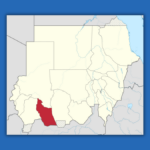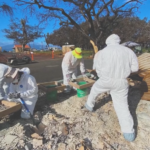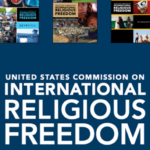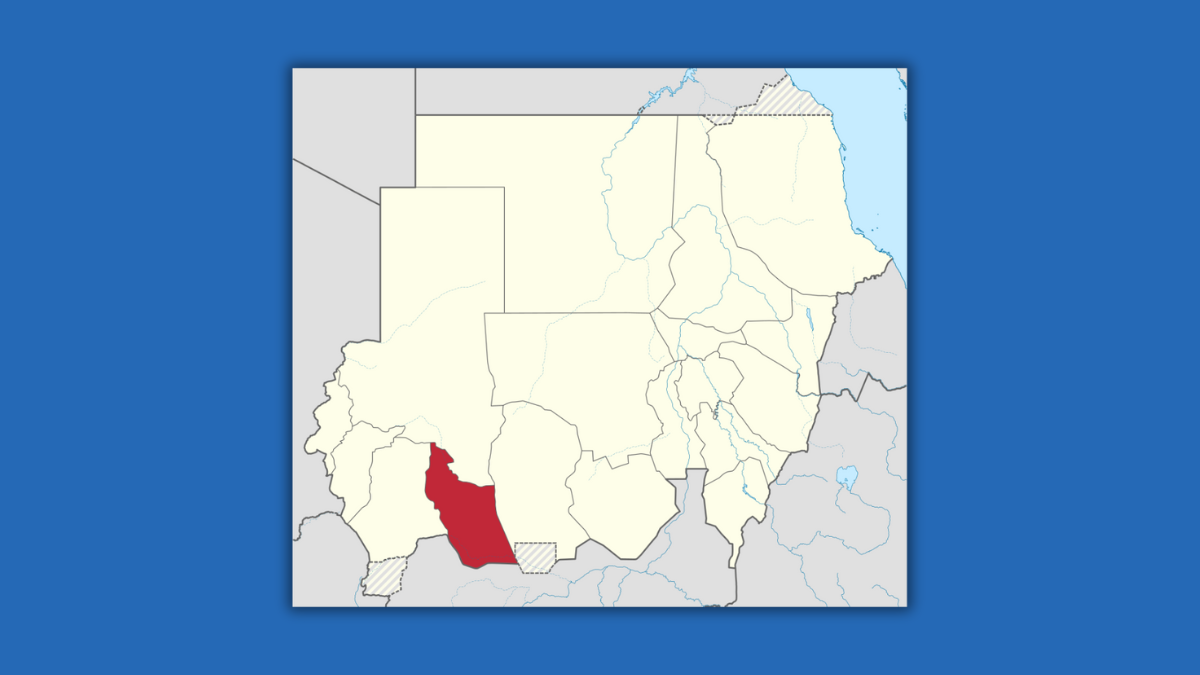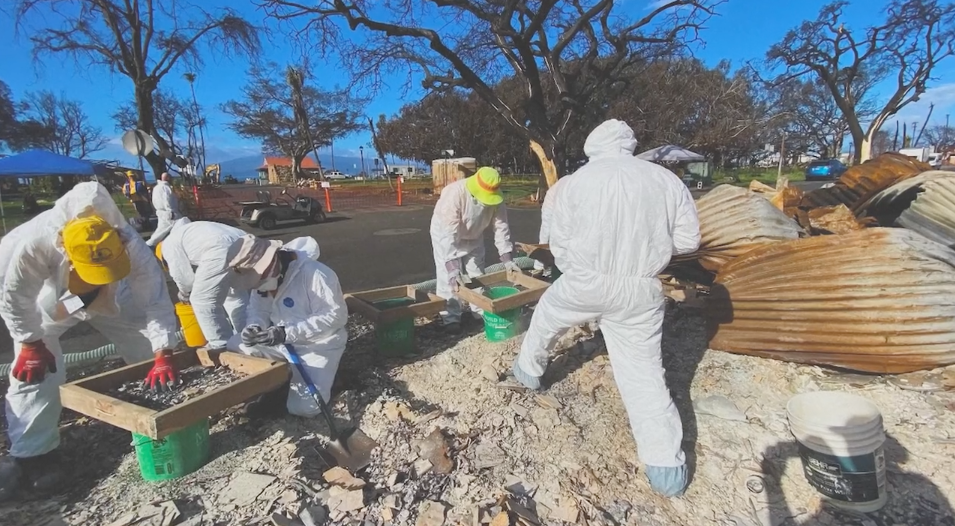Satisfies
Mark 6:30–43
Mark 6 describes a ministry of Jesus in Nazareth, his hometown, in which people expressed astonishment at Jesus’ teachings (v. 2). Jesus was on a mission, “going around the villages teaching” (v. 6b). One of Jesus’ purposes was to disciple the disciples by sending them out in pairs. The best way to disciple people is to send them into the harvest.
Mark 6:30 picks up the narrative of Jesus sending the disciples by narrating the return of the disciples and the report they gave to Jesus. The miracle of the feeding of the 5,000 men, plus any wives and children, is the only miracle of Jesus recorded in all four Gospels. The divine Author must have thought the event was important.
Rest (30–32)
Discipleship requires accountability. After Jesus sent out the disciples, the disciples returned and reported to the Master the nature of their ministry on the field. Jesus commanded them to come away from the crowds to a remote place for rest and relaxation.
The Sabbath principle still applies to people today. People thronged around the disciples to the point that they could not take care of themselves by eating properly. The disciples found a boat that would provide them an opportunity to rest in an isolated, remote place.
Response (33–34)
The disciples focused on rest in a remote place. Jesus focused on people. Many people ran to the other side of Galilee and arrived at the landing spot before Jesus and the disciples arrived.
The biblical narrative reveals a difference between Jesus’ attitude toward the crowd and the disciples’ attitude. The disciples commanded Jesus to send the crowd away in order for the people to purchase food. In contrast, Jesus had compassion on them because the people were like sheep without a shepherd. Shepherdless people may experience the lack of a leader or guide, improper care and nourishment and the absence of protection.
The Greek word translated “compassion” is a strong word. We might translate the Greek term as “a pain in the gut.”
The term describes the pain one may experience when we see a commercial about starving children in Africa. It is the type of pain that leads to action.
Jesus did not view the crowd as an inconvenience. He commanded the disciples, “You give them something to eat.” Jesus calls every believer to join in His ministry to others.
Resources (35–38)
In response to the disciples’ command to disperse the crowd, Jesus commanded the disciples to feed the crowd.
The disciples’ first mental response was to purchase bread. Their question likely points to the impossibility of the situation.
Since a denarius was one day’s wage, the question arises, “Where and how would the 12 disciples have sufficient money to purchase this large amount of bread?” Jesus multiplied the small amount of bread and fish.
Relief (39–44)
Jesus organized the food distribution. He instructed the disciples to have the people sit down in groups. He took the small amount of food and blessed the loaves and fishes.
The disciples distributed the food. All the people had sufficient food and there were abundant leftovers.
By Mark Rathel
Professor at the Baptist College of Florida in Graceville, Florida


